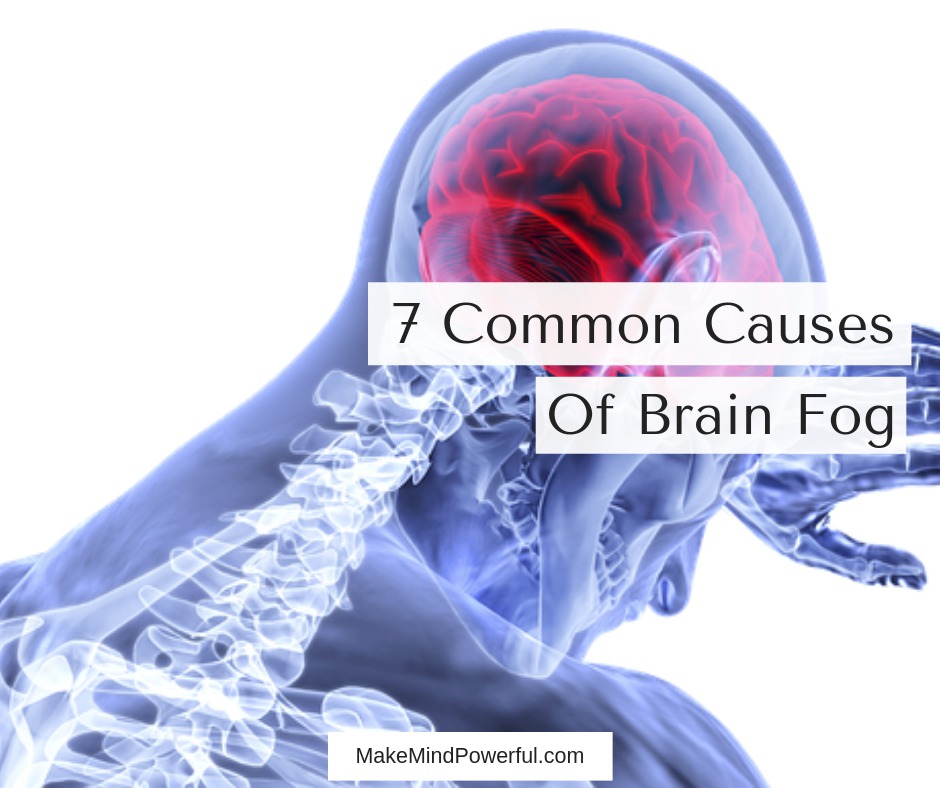
Recently, the SARS-CoV-2 infection, known as COVID-19, cause persistent symptoms after the acute phase, being fatigue one of the symptoms that persist the longest. In addition, they usually present psychopathological symptoms, independently of cognitive performance, among which depressive and anxious symptoms stand out. These symptoms may be due to different factors such as immune abnormalities, the presence of autoantibodies, orthostatism, the breakdown of the blood–brain barrier or neuroinflammation. This inability to concentrate and thought slowness has been defined as ‘brain fog’, being described as “thinking/focusing difficulty”. Some studies suggest that these deficits are present in around 40–50% of these patients. The most prevalent cognitive deficits seem to be lower processing speed, worse verbal attention, and lower sustained attention. Patients with ME/CFS often experience memory, attention deficits, divided attention, word finding and reasoning difficulties. The prevalence of ME/CFS is unknown, although a 0.5–2.6% is established. The most common precipitating factors in this pathology are infectious diseases, stressful life events or exposure to toxins. There is no consensus regarding the etiology and pathogenesis of this condition, although the relationship with the immune system, particularly with humoral autoimmunity, is gaining acceptance. Unfortunately, we still lack specific biomarkers or complementary tests beyond ergometry to support this diagnosis.

The International Classification of Diseases (ICD-11) includes this syndrome within the neurologically-based diseases sections (8E49).

The cardinal criteria imply a reduction of at least 50% in the physical/cognitive activity compared to the baseline state. The diagnosis of ME/CFS is based on clinical criteria, those proposed by Fukuda et al. Myalgic Encephalomyelitis or Chronic Fatigue Syndrome (ME/CFS) is a complex disorder characterized by physical exertion intolerance, fatigue, cognitive problems, and symptoms derived from autonomic involvement, among others. Likewise, we also propose the relevance of prolonged hyposmia as a possible marker of cognitive deterioration in patients with post-COVID-19. This disease is characterized by greater physical and neuropsychiatric problems compared to post-COVID-19 condition. The symptomatology and cognitive patterns were similar in both groups, with greater impairment in ME/CFS. Physical problems and mood issues were the main variables correlating with cognitive performance in post-COVID-19 patients, while in ME/CFS it was anxiety symptoms and physical fatigue. Statistically significant differences were found in sustained attention and visuospatial ability, being the ME/CFS group who presented the worst performance. Sustained attention and processing speed were impaired in 83.3% and 52.4% of ME/CFS patients while in post-COVID-19 condition were impaired in 56.2% and 41.4% of patients, respectively.

Resultsīoth syndromes are characterized by excessive physical fatigue, sleep problems and myalgia. Fatigue, sleep quality, anxiety and depressive symptoms, the frequency and severity of different symptoms, olfactory function and a wide range of cognitive domains were evaluated. The sample included 42 ME/CFS and 73 post-COVID-19 condition patients. As well as verify if the affectation of smell is related to cognitive deterioration in patients with post-COVID-19 condition. To describe the cognitive impairment, neuropsychiatric symptoms, and general symptomatology in both groups, to find out if it is the same pathology.

Given the similarity between both conditions, could it be the same pathology with a different precipitating factor? Objective The post-COVID-19 condition patients refer physical fatigue and cognitive impairment sequelae. Myalgic Encephalomyelitis/Chronic Fatigue Syndrome (ME/CFS) is characterized by persistent physical and mental fatigue.


 0 kommentar(er)
0 kommentar(er)
